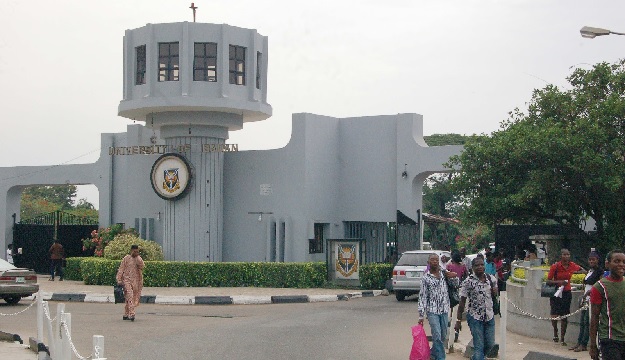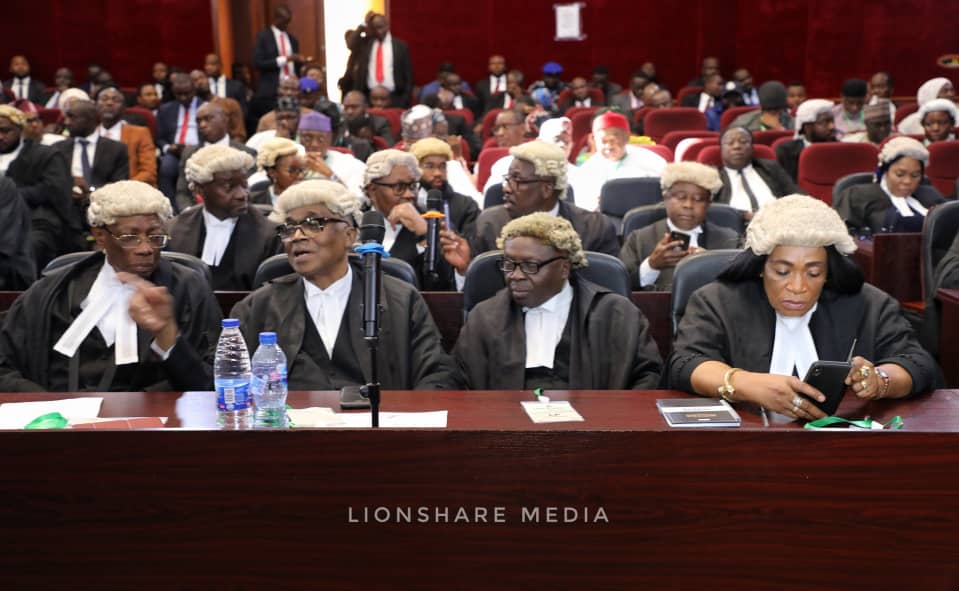BY: OLUWATOYIN AJILORE-CHUKWUEMEKA
Lecturers need help. No, I am not even talking about financial remuneration issues today. I will come back to that in another article. Today, I am talking more about intellectual support.
In 2021, I researched the availability of Centers for Teaching and Learning (CTLs) within public-funded Universities in Nigeria. CTLS are units within academic institutions assigned to provide the necessary support for the institution to deliver excellent education by enhancing the quality of teaching and learning. They provide support in terms of training, tools, etc. to lecturers to help them ground their work in modern pedagogy and current realities in ways that can help students thrive. Other roles that CTLs play include conducting pedagogical research within the university and providing unique learning assistant services for students. They also provide necessary strategic support. For instance, the COVID-19 pandemic saw many CTLs in different universities across the world rise as academic first responders to provide technical resources and support for both educators and students to navigate the uniqueness of the times. The same COVID-19 that put higher education at major risk in Nigeria, with many tertiary institutions struggling to function for months.
Of the 99 universities within my research data, only 3 had a unit that bears any semblance to a CTL. These units were questionable as my familiarity with one of the 3 universities let me know firsthand that it mostly existed on paper. When I started my career as a university academic, I vividly remembered how I was simply given a class to teach when I resumed, with no training whatsoever in teaching within the University.
I know that the justification argument might be: “Oh, you had wonderful grades during your first and second degrees, you should know how to teach.”
Advertisement
That is exactly where the problem lies.
We keep assuming teaching in and of its own is not a profession worthy of being trained in. This is more prevalent in higher education as other education levels better acknowledge the need for teachers to develop teaching skills. We assume that people’s knowledge of something automatically means they can teach it. Or the fact that they have been taught something as students means they can teach it too. Here is the question I always ask:
“Imagine going into a surgery room, about to undergo a procedure and you were told your surgeon was not officially trained for this. That his only training was rooted in the fact that he had gone under the knife before and knows what his surgeon did.”
Advertisement
Would you wait in that operating room?
I know that example might seem extreme, but that is a good similitude of what many people believe today about the education system, especially in higher education. And if you think that example is too extreme because surgery is a specialized profession, you are only confirming my point that teaching is not seen as a specialized profession. Many people mostly think of teaching as a talent that some people have, not a skill that should be continuously built. The result of this ideology? Knowledgeable people with no understanding of teaching serving as educators and hurting students’ cognitive ability and self-efficacy.
Like I wrote in my STEM Education doctoral application: “University Academics…are usually not well trained in pedagogy and in the art of truly empowering students with knowledge. Since subject knowledge is not automatically equal to pedagogical knowledge, students suffer from being faced with a body of established knowledge being taught by well-versed professors who have little training in pedagogy to be able to help them personally make sense of what they are learning.”
And I should quickly note that this is not about “goodness/badness” of lecturers. This is about skill. About expertise and competence. About understanding that talent is never enough. About admitting that education is too complicated to be done without intentionally learning how to do it. A refusal to acknowledge that this is one reason we reduce the conversation about educators’ competence in Nigerian universities to how “nice” they are/not. You do not need to be nice to do your work well.
Advertisement
You might start wondering if I am advocating for education policies that require certification in education from university lecturers like secondary and primary schools do. The answer is No. It is simply not realistic. Higher education work already demands a lot of education on the lecturer’s part, you cannot add that burden to it. Especially not in a clime like ours where they are not even properly rewarded.
My advocacy is for the restoration of the heart of education. For the kind of education that truly empowers both teachers and students. Not students only. Their role is too intertwined to advocate for one over the other. Lecturers need help beyond themselves. That is the plain truth. There is already too much labor on them. My short experience within the university system showed me that much. We need to create systems that help educators help students. And I am convinced we can. It is not out of reach. That is where CTLs come in. Every tertiary institution should have at least one school wide. The CTL should be equipped with general and Discipline-Based Education Researchers (DBERs) who would provide regular (and to some level, required) training and tools for lecturers. If we want to take it up a notch, each department can have one DBER whose work will be to the faculty members in that department as the faculty members work is to the students. Private schools might be able to do this now. I might be wrong, but I think many of them should be able to fund one extra member of staff in all departments.
I acknowledge this will require a lot of humility on the part of everyone involved, including educators. It will necessitate the willingness to admit the need for training and to agree that the way we are doing higher education now is not working and we are at the risk of devaluing university education to the coming generation, which is going to severely hurt the nation in the long run. But it does not have to be that way. There is a way out. We can take the way out.
Oluwatoyin is a Doctoral Researcher in STEM Education, Social Entrepreneur and Policy Consultant. She writes from Boston, United States and Lagos, Nigeria. She can be reached at [email protected] or you can connect with her on LinkedIn here.
Advertisement
Views expressed by contributors are strictly personal and not of TheCable.
Add a comment






